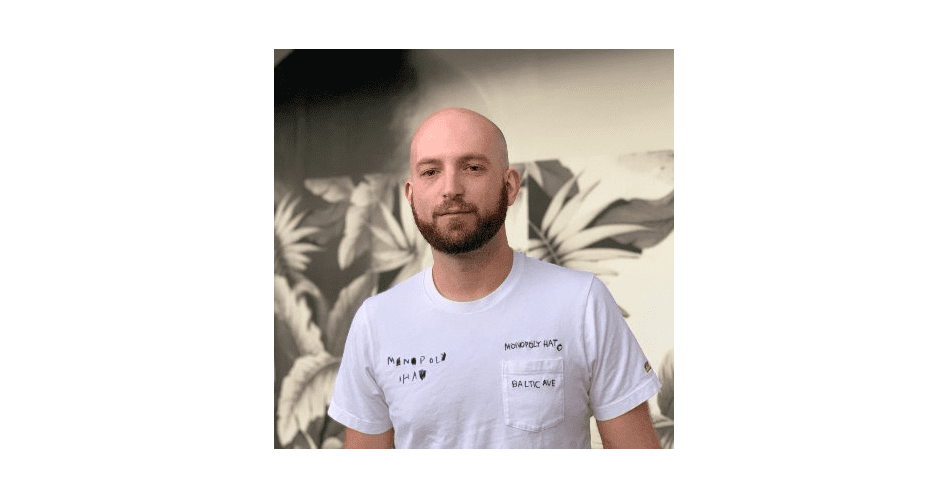Atomic Show #314 – Economies of scale for micro, small, medium, large reactors – with James Krellenstein
James Krellenstein is a physicist, consultant and nuclear energy historian. He is currently employed as a senior advisor to Global Health Strategies. He started up their decarbonization practice with an emphasis on nuclear energy along with renewables. He was the lead author on GEH’s report on ways to reduce global dependence on Russia for necessary supplies of enriched uranium.
He had the unusual and fortunate experience of growing up with a father who was a nuclear engineer turned nuclear financial specialist and a grandfather who ran a custom manufacturing machinery production facility. Both were the kind of professionals that enjoyed their work enough to “bring it home” for discussions around the dinner table and while engaging in bonding activities like fishing and camping.
(I know what that is like from both sides of the parent/grandparent/child relationship.)
James has become a bit of an “overnight sensation” in the world of pronuclear podcasting most notably with repeat appearances on Dr. Chris Keefer’s Decouple Podcast and Age of Miracles, hosted by Packy McCormick and Julia DeWahl. He has an encyclopedic knowledge of the US nuclear industry and a unique perspective on current and future actions needed to restore its prominence.
I was motivated to invite him for a chat after listening to his thoughts on the relationship between reactor size and the cost of produced electricity.
We talked about the need for a larger catalog of options that can meet the needs of a wider variety of customers, the advantages of larger sizes in producing bulk electricity in grids and markets that can accommodate the output, and the differences between seeing reactors as a product that might be manufactured or seeing them as a “stick-built” factory that produces a bulk commodity.
Though our emphasis and perspectives are different, we hold similar points of view. Our conclusions for prioritization vary considerably.
I think you will learn something from this show and hope that you will take the time to share your thoughts on the topics discussed. Though there are many who dismiss the importance of conversation and discussion compared to concrete action that gets things done, it’s hard to successfully complete the latter without responsible and involved people engaging in the former.
Podcast: Play in new window | Download (Duration: 1:24:39 — 79.7MB)
Subscribe: RSS





Good talk.
Nuclear seems to like to make itself “custom” rather than “standard.” This mindset may punish those who attempt to build new reactors.
Not mentioned was the use of “off the shelf” components. This was stated as being one of the reasons for Small Modular Reactors (SMRs) The idea is to use stuff similar or the same as what people are using now. Nuclear pipes, pumps, pressure vessels, etc. may be found to be very similar to equipment used in a different industry. Standard mass produced equipment is cheaper than custom made equipment.
“Old” nuclear had the existing shops that built coal plant boilers. Much of this industry was able to transition to building nuclear equipment as orders were received. Coal plants are not being built, closing and being torn down. Craft workers are retiring and moving on. What industry fabricates similar equipment to nuclear reactors these days? Perhaps the petrochemical industry is an example. Rod mentioned military suppliers could fabricate similar equipment to what is needed for SMRs. Perhaps the wheel need only to be trued for SMRs and not reinvented.
The idea was also not mentioned in that the customer for new reactors may not be a utility. There are industries that can use steam and/or large electrical energy. Perhaps this may be discussed in a future podcast. It would be supposed that an industrial customer would be needing a Small Modular Reactors than the large central station units.
Thanks for the podcast.
Where did you find this expert in a white tee with sharpie scribble? He looks like Zelenskyy.
Umm hmm… we want to reduce dependence on “Russian” uranium, enrichment, etc., but have no qualms about buying Kazakh uranium, because, uh, “it’s not Russian”. The RF tends not to invade former SSRs that fall in line. Good for the global uranium market for saving face and giving Krellenstein something to “advise” GEH about, even though it is the utility customers of GNF that actually procure the uranium and services.